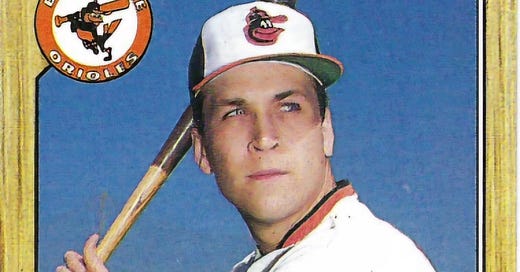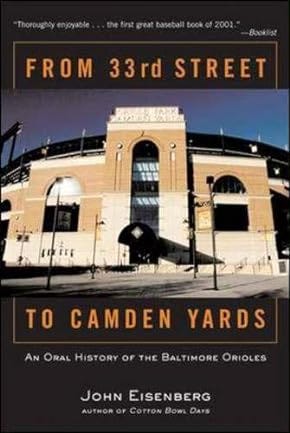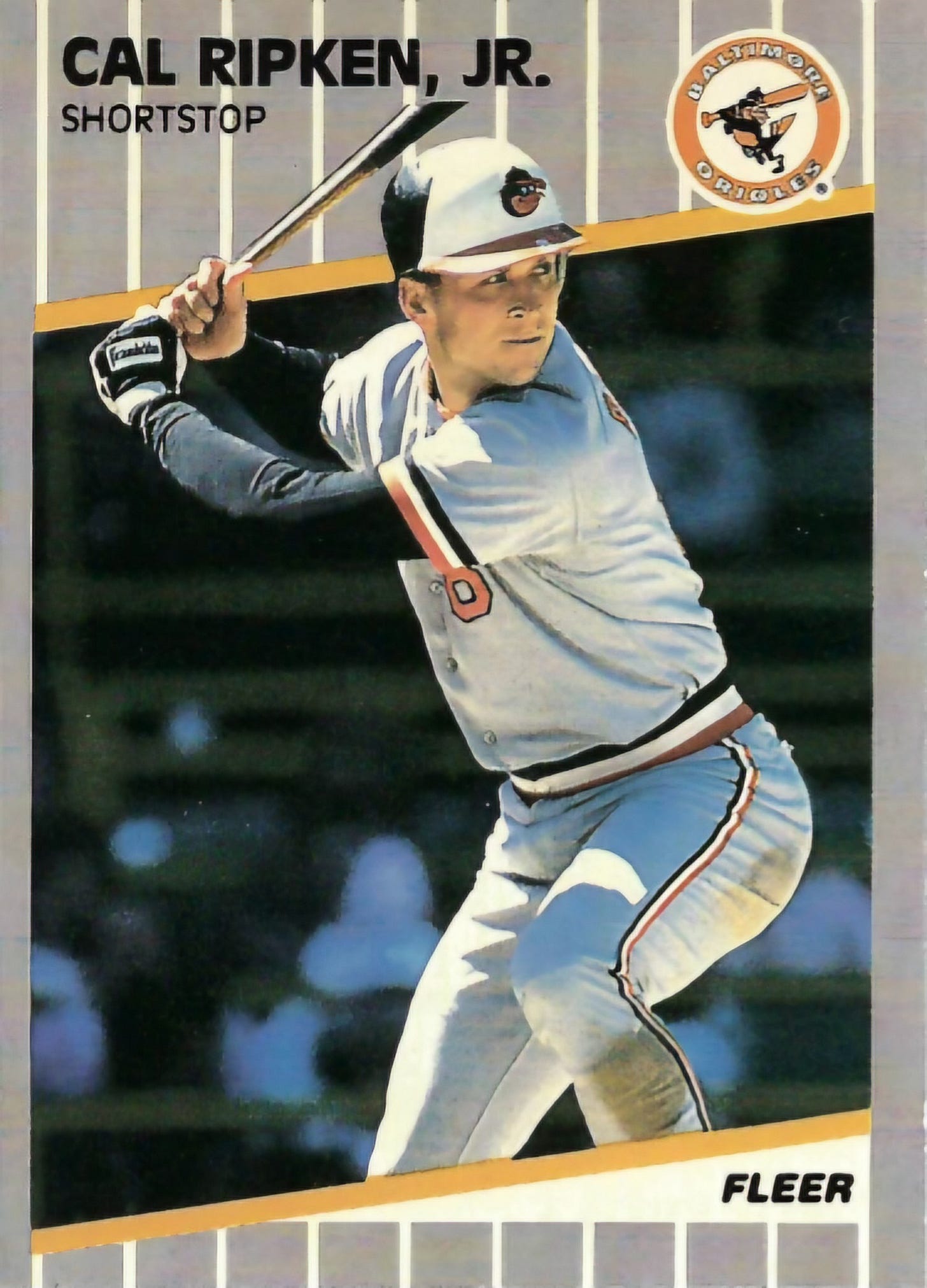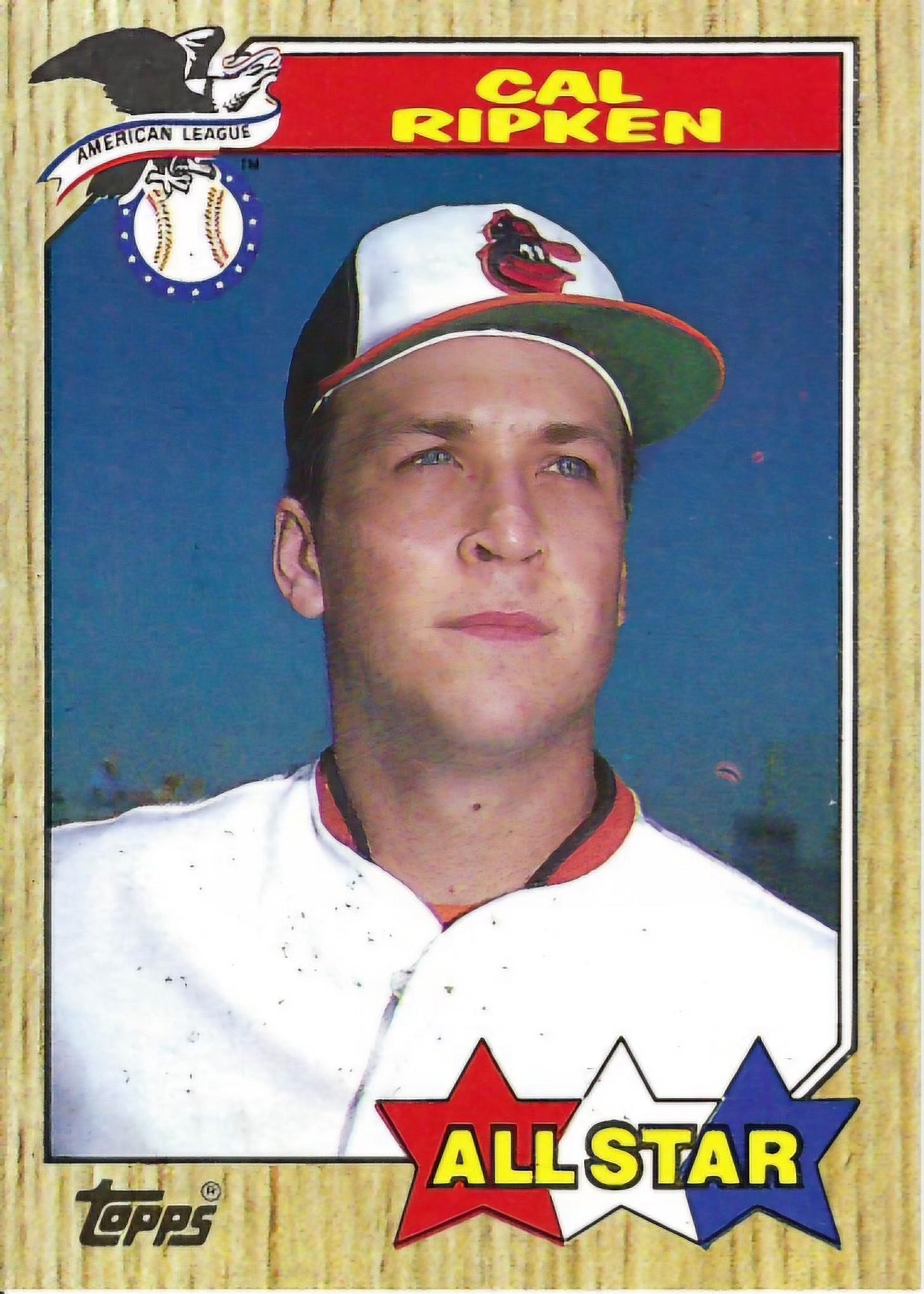The Bird Tapes Interview: Cal Ripken Jr. (Part 1)
In a sit-down shortly after his consecutive-game streak ended, the Ironman delves deep into the decisions and experiences that set him on the path to stardom.
Pitcher or position player?
Third baseman or shortstop?
In hindsight, it all sounds like crazy talk. How could such questions have swirled at the outset of a career that culminated with a Hall of Fame induction? How close did Cal Ripken Jr. come to taking an entirely different path through professional baseball? Was there really a chance the Ironman’s career could have turned out differently?
The answer to that last question is, indisputably, yes.
Most teams scouted him primarily as a pitcher before the 1978 draft. The Orioles’ front office was split on what to do with him before and after they selected him in the second round. (Trivia question: Who’d they take before him? Robert Boyce, a high school third baseman from Ohio, in the first round, and Larry Sheets, a high school outfielder from Virginia, earlier in the second round.)
Four years later, just when it seemed Ripken’s future with the Orioles was at third base, one person alone turned him into a shortstop. Earl Weaver did it.
In my vintage interview with Ripken, recorded a quarter-century ago, he sounds more like a historian than a player, smoothly guiding me through his amateur career, development and the various decisions the Orioles made about him, which set him on the path to a caliber of stardom few players reach.
The first half of the interview, available below to paid Bird Tapes subscribers, is essentially Ripken’s guided tour of his years when he was an unpolished diamond, far from a statue-ready icon. We discussed that and a wide variety of other subjects in two sit-down sessions between the 1999 and 2000 seasons, giving me more than two hours of tape to input into From 33rd Street to Camden Yards, my oral history of the Orioles, published in 2001.
I’ll post the second half of Ripken’s interview next week.
To set the scene for what you’ll hear, Ripken was still playing when we spoke and still piling up career milestones. He had clouted his four hundredth home run months earlier and was nine hits away from three thousand. During the 1999 season, he’d posted a .340 batting average, his best ever, while dealing with back pain intense enough to have prompted him to undergo a procedure before the season ended.
His streak of playing in 2,632 consecutive games had concluded a year earlier. His father had died earlier in 1999. The end of his career was two seasons away.
At 39, he was a middle-aged father of two, a long way from the tall, broad-shouldered coach’s kid who’d signed with the Orioles at age 18. Do the math. He’d worn the uniform of the Orioles or one of their minor league affiliates for more than two decades, which was more than half of his life.
After that many years in baseball, and given his analytical nature, he was at ease taking the long view in conversation about almost everything — his career, his father’s influence, Weaver’s influence, the Orioles’ many ups and downs.
Knowing that he was destined to become part of David Rubenstein’s ownership group in 2024, it’s almost jarring to hear him explore the myriad phases he experienced in Birdland long before that — coach’s son, prospect, draft pick, rookie star, MVP, perennial All-Star, Ironman, record-setter, elder statesman.
It has been a baseball life unlike any other.
Keep reading with a 7-day free trial
Subscribe to The Bird Tapes to keep reading this post and get 7 days of free access to the full post archives.








